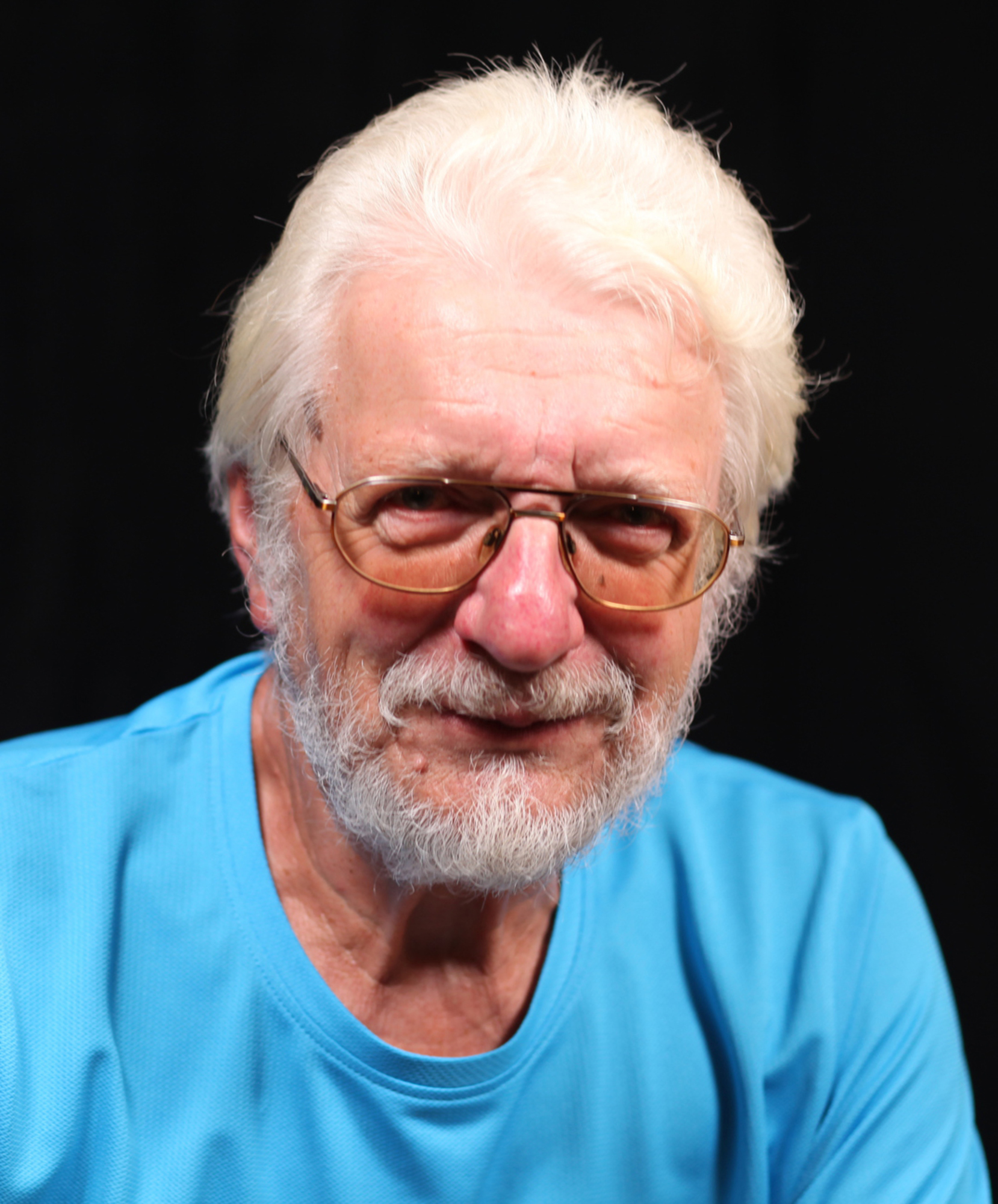Live and let live

Stáhnout obrázek
Miroslav Klička was born on August 20, 1945 in Pilsen. His father was a carpenter, he only went home on weekends. The mother was a manual labourer. She has a 10 years’ older sister. In 1953, when he was eight years old, he experienced monetary reform. His mother took him to the procession, which then tore down Masaryk‘s statue in Pilsen. After primary school, he went to Škoda to learn to be a painter and immediately after his apprenticeship, at the age of 17, in 1957 he had to join the army in Týniště. There he managed to establish Dukla and competed with other soldiers on barges, thus avoiding the duties of ordinary soldiers. Two weeks before the end of the war, he received a blue book due to stomach ulcers. After the war, he started working as a driver, then joined the Military Buildings, where his father also worked, and started doing crafts. In August 1968 he worked on a military farm in Kněževes. On August 20, when his birthday took place, he got on a motorcycle and went to Pilsen to celebrate. On August 21, he wanted to return to work, but did not get out of Pilsen, all roads were closed by soldiers. When he learned of what was happening on the radio, he went to the place, and there he later received information that the soldiers were patrolling Pravda and that it was necessary to distribute a newspaper among the people. Through a hole in the wall, where the soldiers did not guard, newspapers got out, several people always disassembled them and distributed them all over the region. After 1968, the Russian buildings were occupied by the Russians, Miroslav lost his job and became a driver in Pravda. He later got interested in photography, but because he was not in the party, he had to leave. He eventually worked in the West Bohemian Gallery. He refused to cooperate with the state security. Today, he is retired and says that at the Velvet Revolution in 1989, he was annoyed that many people had just changed their coats. And that after the expulsion of Russian troops, the Russians did not leave here, only the army left, and the people in charge of our country sing the old Russian songs.

